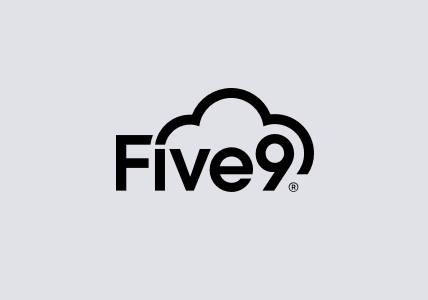What Won’t Be Reported in 2017—Even Though It’s Likely to Happen
Last year, more than a few stories didn’t make headlines that I thought should have. Whether they weren’t sexy or sensational enough for mainstream news channels, I don’t know. But my inner Nostradamus is telling me that the trend will continue and, therefore, I’m predicting seven storylines that should be covered in 2017, but that most likely will never cross your daily news feeds.
- Airplane technology hacks. We know that supersonic transport (SST) technology has been hacked, with perpetrators out for intellectual property in order to gain technological advantages. Though these types of hacks will continue in 2017, will they get air time? I doubt it. Somewhat akin to when the press asked Obama (back in October) about the DNC hack and he told them Russia was responsible. That part of the story didn’t get much traction at the time. No one wanted to to talk about it.
- Who cares about identity anymore? Today, some news agencies have felt the need to tell the public that they write “real” stories. It’s like someone saying, “frankly” or “truth be told” before they start a sentence. It always makes me think, “What? Were they lying about everything they said before?” And because we relate to our world through the information we read and the experiences we have and because, to some degree, we define ourselves by the world we live in—who our friends are, what city we live in, how our district votes—it can become difficult to put a true value on the cost of having a credit card stolen or someone pretending to be us in the face of fake news. If so much can be easily faked, how then do we self-identify?
- The ability to transmit data will surpass the amount of transmissible “meaningful” data. A fiber optics story, this is about creating a solution in search of a problem. Like a hammer trying to find a nail. There is a wave of crazy capacity being built without having interesting, meaningful data to fill it. In 2017, the total amount of available, transmissible data will increase by less than 10% of the means to transmit it. Today, there is a greater ability to transmit data than the amount of data that exists to be transmitted.
- Problems with the energy grid will persist. Yes, we saw some recent, phony news from the Washington Post, who wrote that “Russian hackers penetrated U.S. electricity grid through a utility in Vermont.” Of course, in a sense, it’s good the publication got it wrong. But it’s also important to recognize that the energy grid has been hacked—and will continue to be. The grid’s infrastructure is a bit of a mess, with tons of mom and pop shops feeding into it and with each and ever one of them susceptible to breaches because they lack adequate defenses. Unfortunately, the cost of an energy grid attack is not greater than the value of the target. In fact, the cost of an attack is so low that even though nation states are likely perpetrators, any number of other actors could be in the game. The current system makes it too easy for hackers to turn things on and off.
- More talk than change in the IoT space. The issue in IoT this year will be scale. Let’s look at an example. Say you have 200 sensors in your apartment, which is in a building with 200 units and within a city of two million people. The compute cannot yet terminate those connections because IoT still assumes the human-to-machine model. The necessary machine-to-machine models for compute just aren’t there yet, and won’t likely get there in 2017.
- People will have a harder time remaining incognito. If people think they can privately browse, they’re mistaken. Remember when Target learned that a teen girl was pregnant before her family did? Nothing is really private anymore, and I think it will continue to become more difficult to try and remain incognito. For example, it’s even possible to deanonymize TOR browsers, which were designed to conceal user identities and their online activity from surveillance and traffic analysis. Turns out it’s possible to inject JavaScript into HTML and play some harmonic frequency that triggers “listening” localization beacons. If you have an Echo, Siri, iPhone, when the apps hear the frequencies, they send out sub-audible tones that trigger your phone to send the beacon back to advertisers without you even realizing it’s happening.
- Pay-to-play Internet. Free Internet and Net neutrality (that which fosters innovation) may be in jeopardy of roll back. If you don’t pay a premium, you won’t get good Internet. Or if you aren’t a top provider, you won’t be able to provide good service. Or if you want to start a new business (but aren’t top tier), I may be bidding you best of luck.
Originally published in BetaNews.








